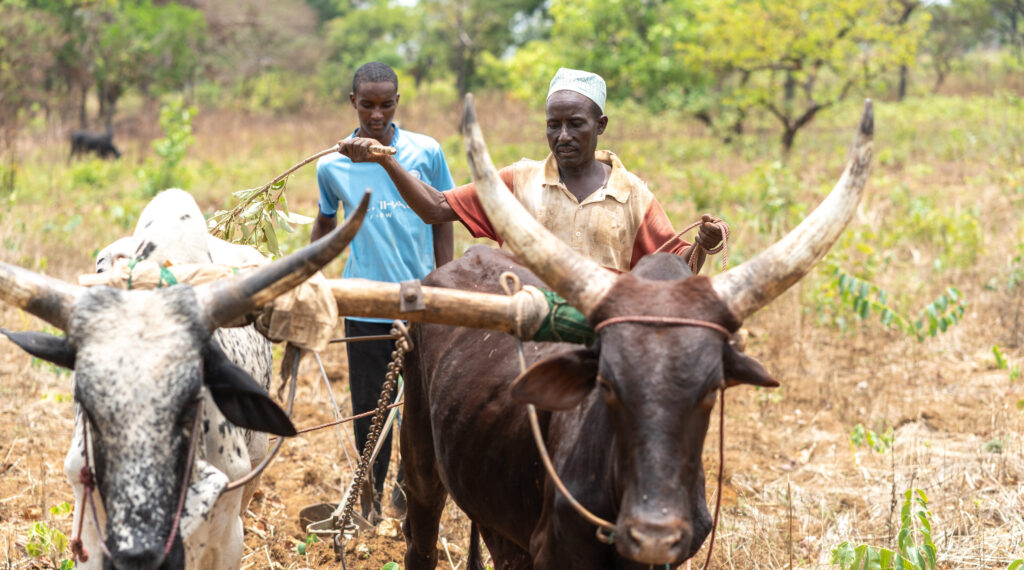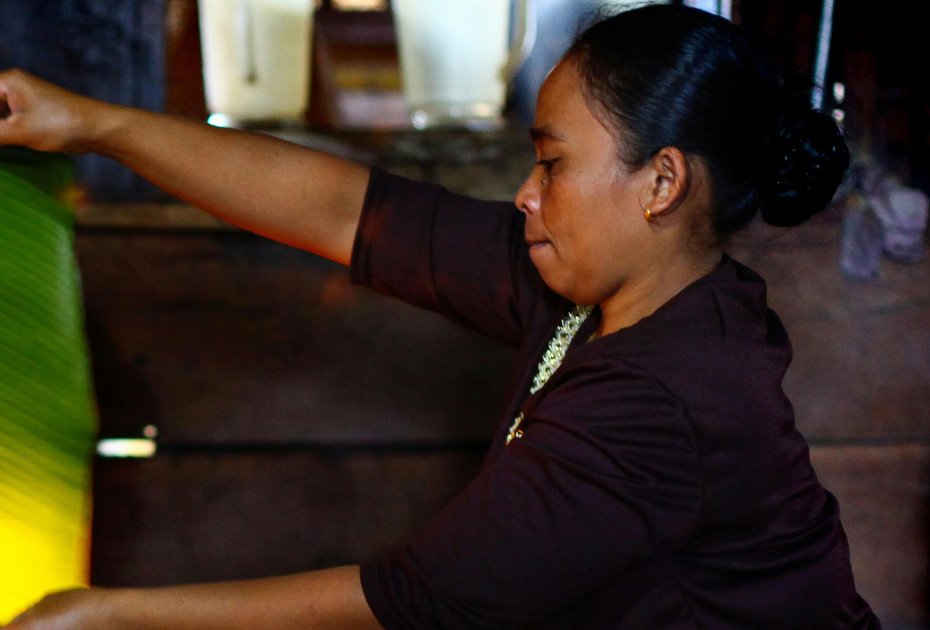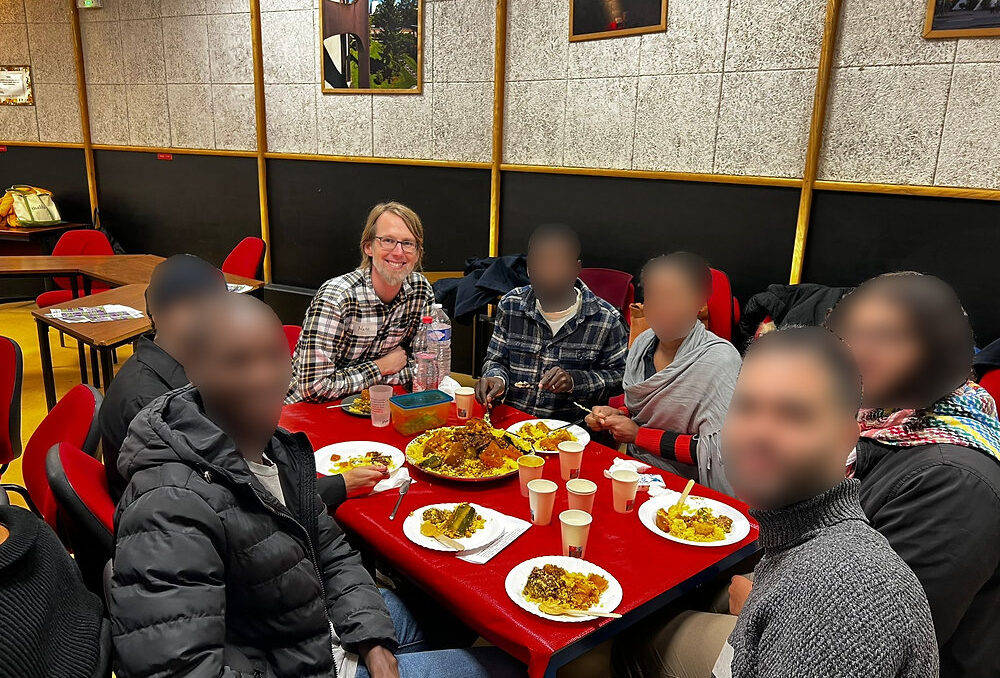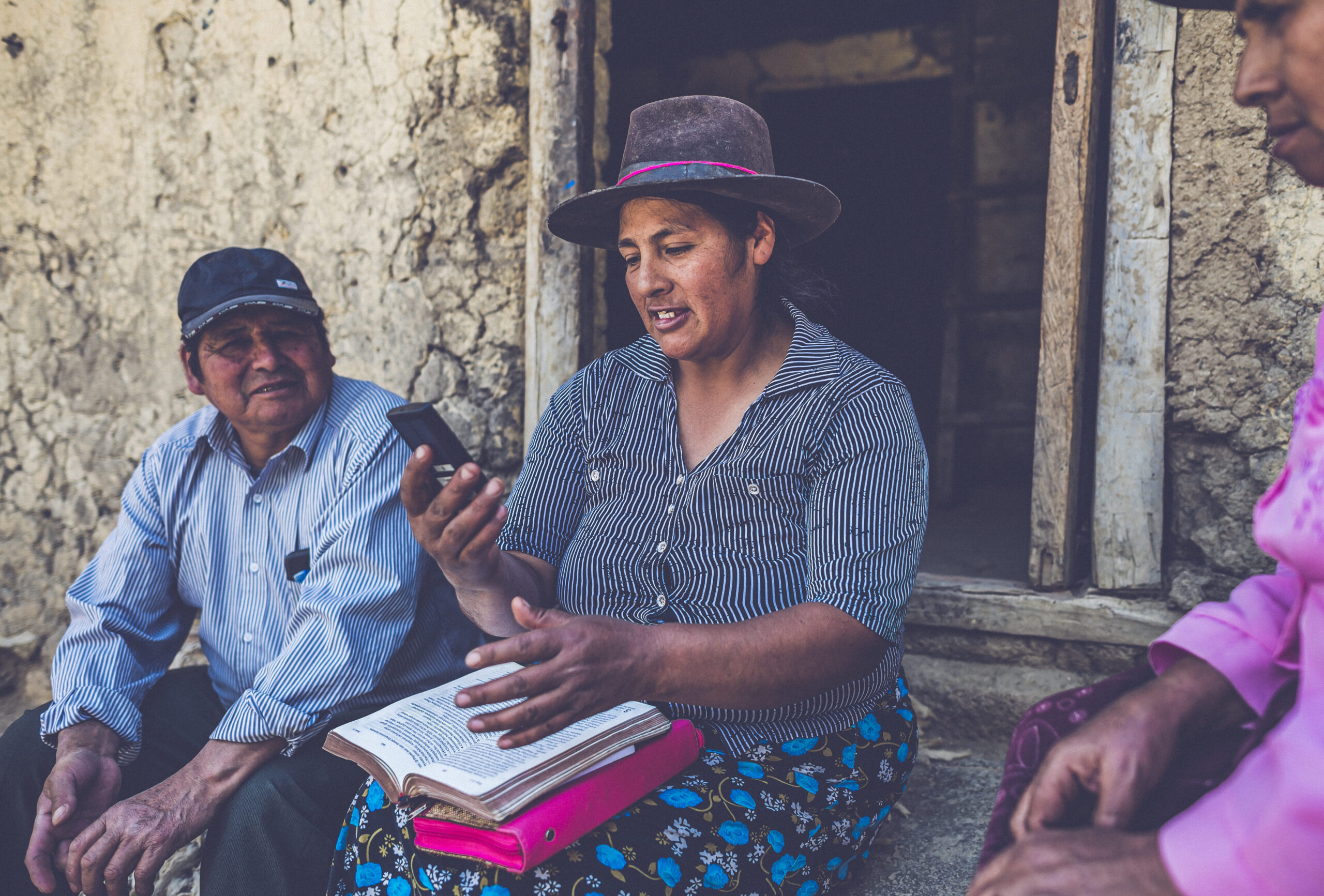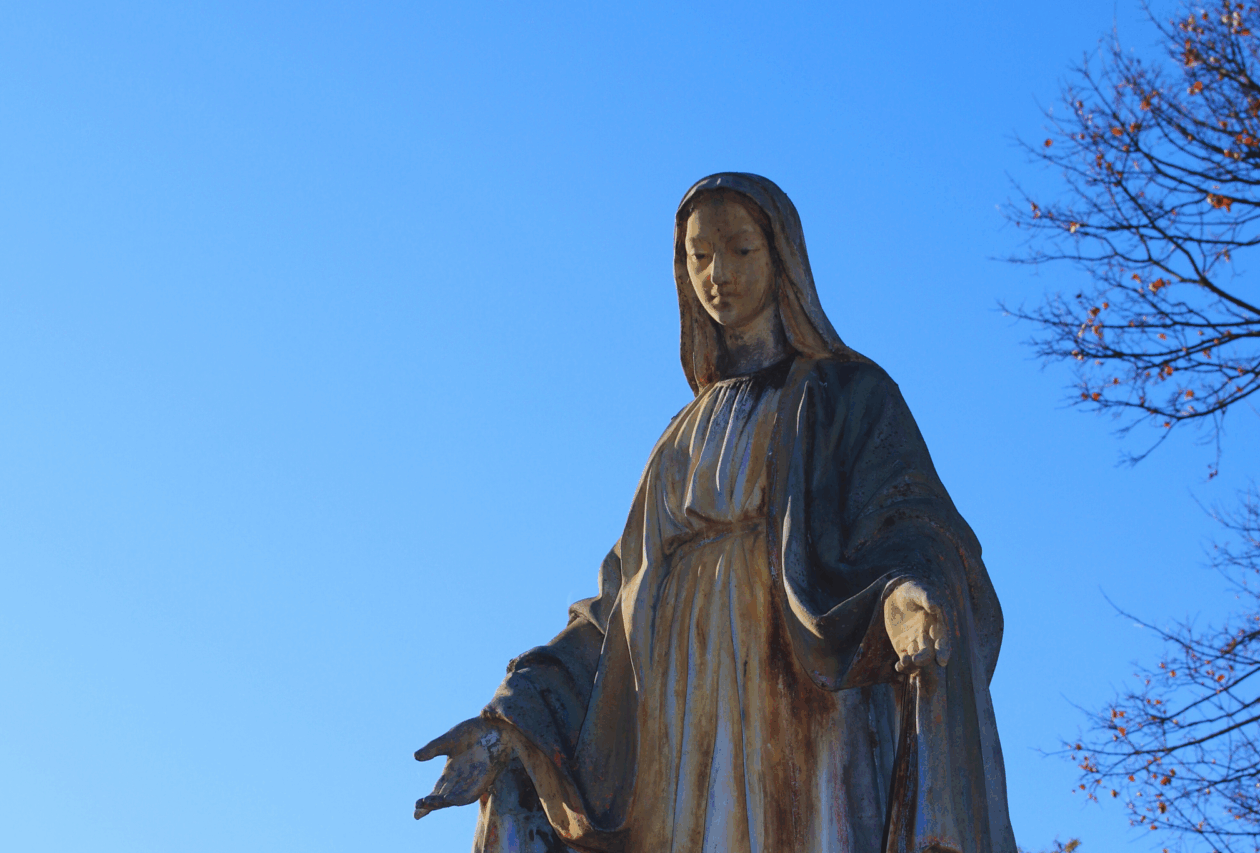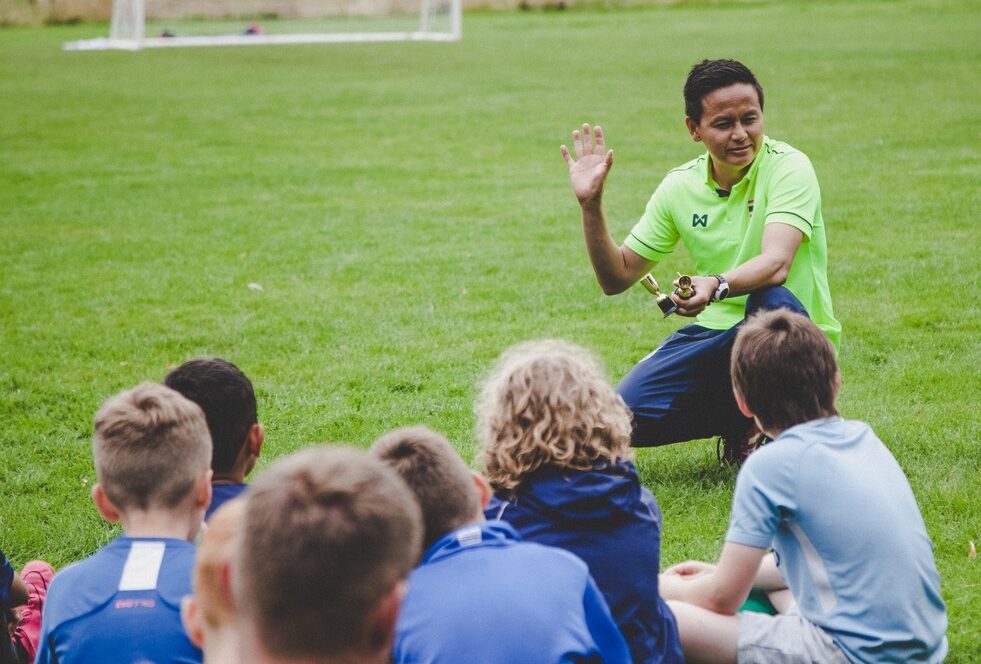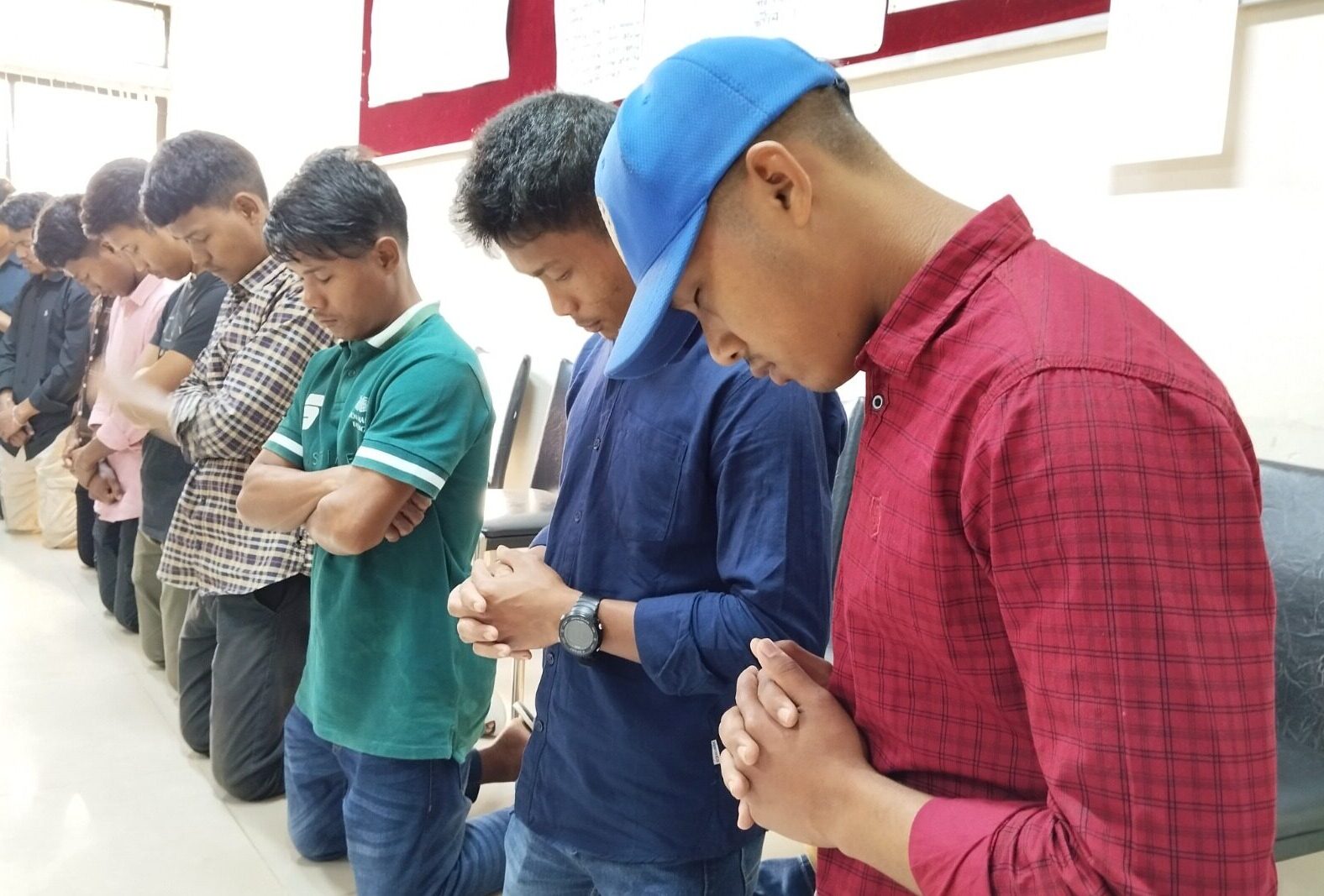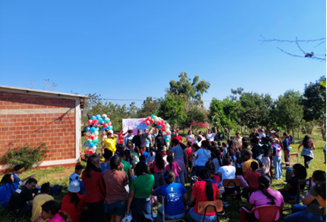By Tohru Inoue
“I want to be like my father.” That’s AB*’s dream. He’s a young Fulani man who grew up Christian because of his father, a first-generation follower of Jesus.
There are 45 million Fulani, living mainly in more than 20 countries in West and Central Africa. They are nomadic pastoralists who care for their livestock. The vast majority have adopted Islam, in addition to their traditional animism, as their faith. The Christian population among the Fulani is significantly less than one per cent.
AB’s father left his family’s majority faith to follow Jesus, the great shepherd. People criticised him for that. They asked him how he could be both Fulani and Christian. But these questions still make the young AB smile. He’s proud of his father.
“He is strong,” the young man says.
His father is now a pastor in their community. Even in the face of early opposition, his father’s faith in the good shepherd has remained steadfast.
Even in the face of early opposition, his father’s faith in the good shepherd has remained steadfast.
While the community have now come to accept the father’s faith, on the whole, Fulani Christians have endured persecution within their communities. Some have even faced persecution from Christians of neighbouring ethnic groups. This is due to prejudices against the Fulani, some of which stem from their nomadic and pastoralist life. They are considered dangerous, in the belief that they are bandits. These stereotypes come predominantly from sedentary counterparts whose lifestyle occasionally clashes with their nomadic neighbours. So, AB admires how his father has stayed faithful in the face of the opposition.
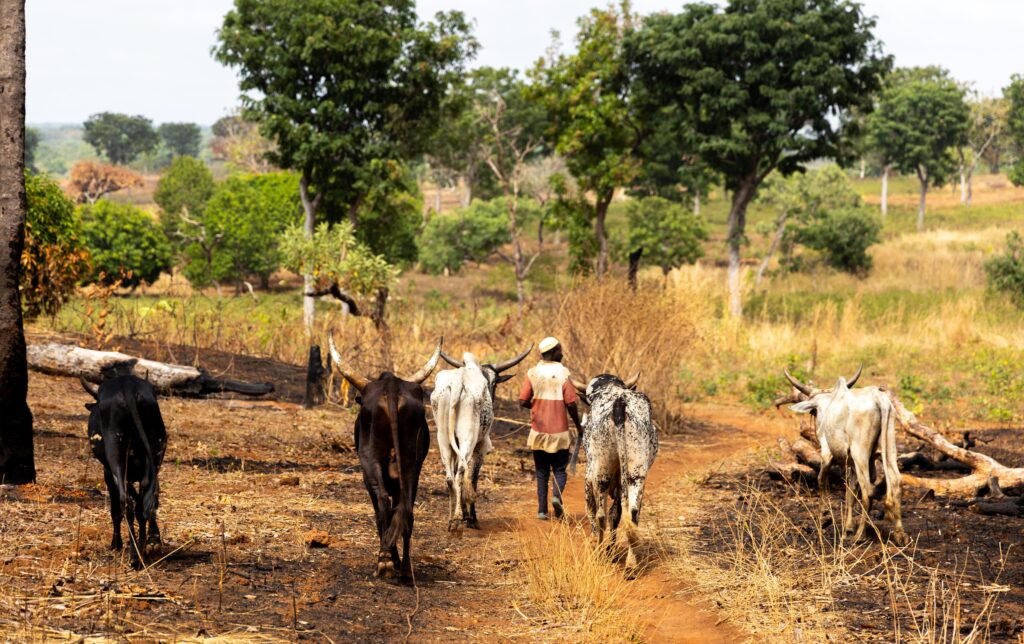
The God of pastoralists
God loves the Fulani and, more broadly, pastoralists. Believers from these communities often point to God first announcing Jesus’ arrival to shepherds. Fulani Christians follow Jesus, their good shepherd. This pastoralist image resonates strongly with nomadic groups. Moreover, for a young Fulani nomad, there is nothing more natural than learning to be a shepherd like their fathers. The son develops the passion for their livestock from the father. Each generation learns how to be a good shepherd from the previous. They pass down all the lessons needed to be a strong, courageous and steadfast shepherd.
May the Lord continue to raise faithful shepherds in the desert.
Please pray
- For AB to remain steadfast in his faith, just as his father has done, even when persecution threatens.
- For the word to continue to spread among the pastoralist communities of the Fulani.
- For the good shepherd to draw many Fulani people to himself and to raise up mission workers to share the good news among them.

